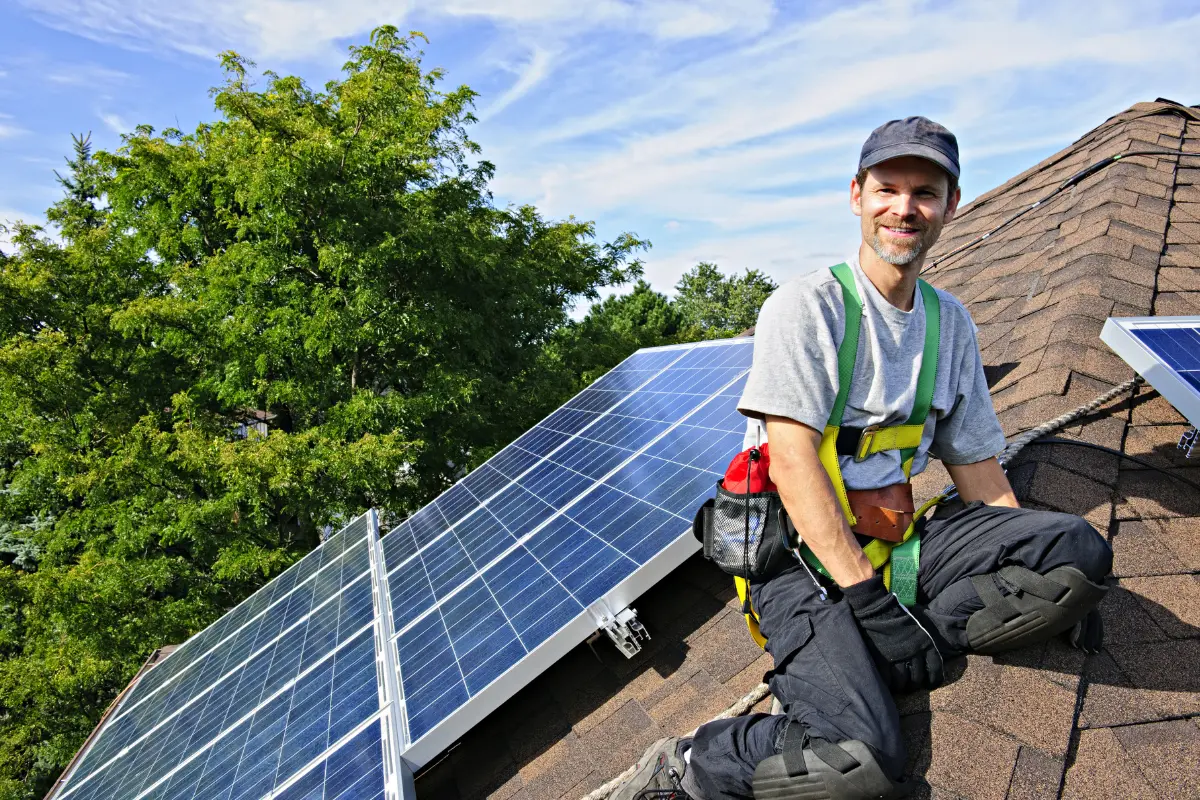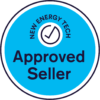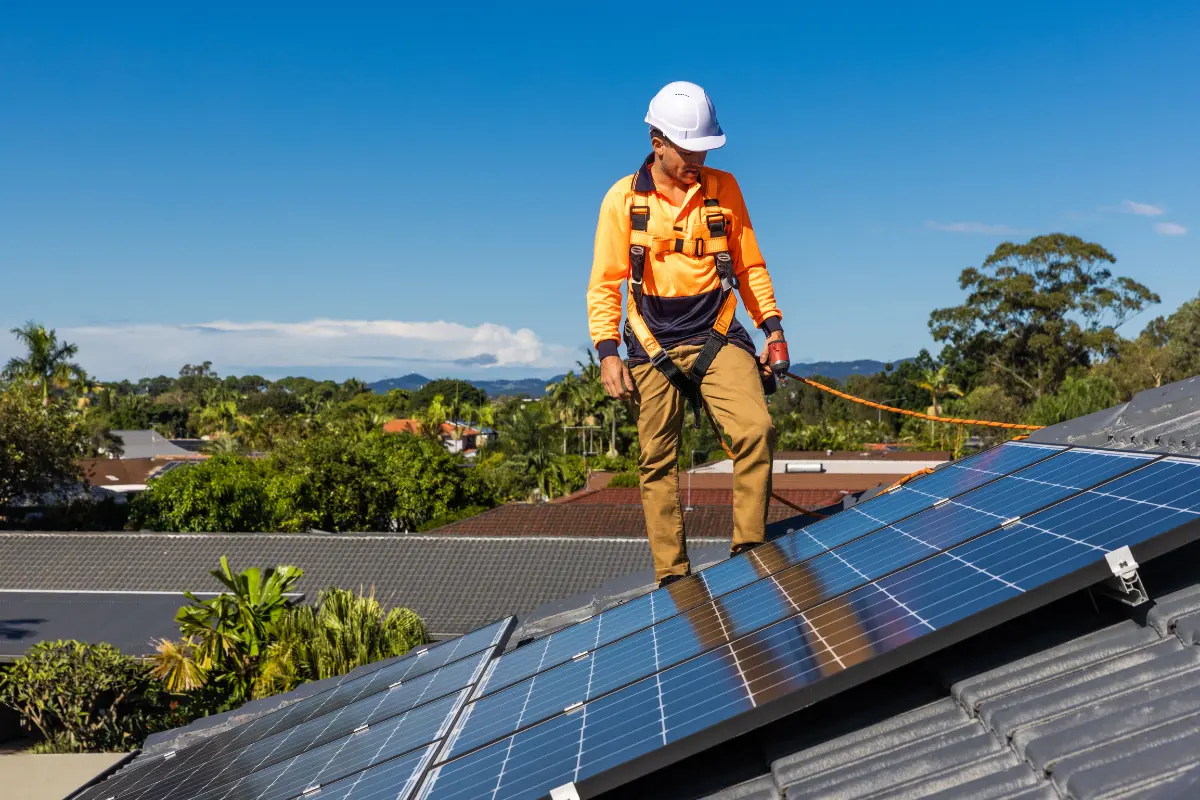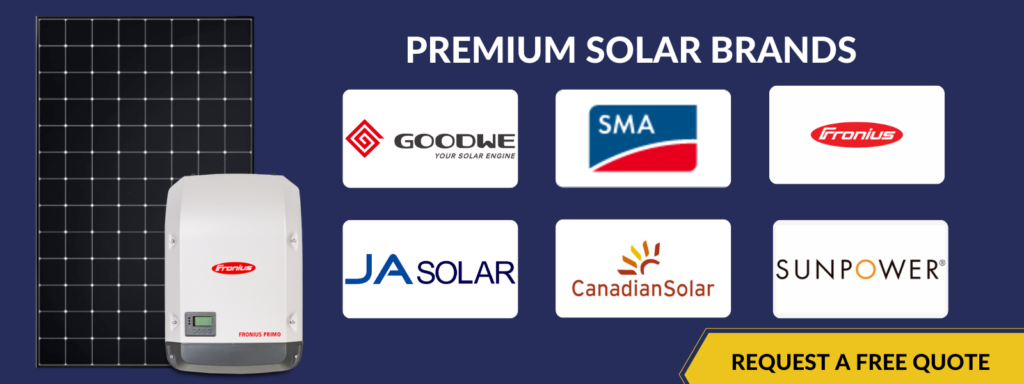Solar energy has risen to the forefront of renewable energy sources, revolutionizing the way we power our homes and businesses. One of the most effective ways to harness this clean and abundant energy is through solar panel installations. In this comprehensive guide, we will delve into every aspect of solar panel installation costs in Adelaide. By the end, you’ll have a clear understanding of the factors influencing costs, government incentives, installation options, and much more.
Introduction
The Rise of Solar Energy
As the world shifts towards sustainable energy solutions, solar energy has emerged as a leading contender. Solar panels, designed to capture sunlight and convert it into electricity, are becoming increasingly popular in residential and commercial settings alike. The benefits of solar energy extend beyond cost savings; they contribute to reducing carbon footprints and promoting environmental responsibility.
Benefits of Installing Solar Panels
Installing solar panels offers a multitude of benefits. Firstly, it significantly reduces electricity bills by generating power from sunlight. Secondly, it’s a sustainable energy source, which lessens our dependence on fossil fuels and mitigates the effects of climate change. Additionally, solar panels require minimal maintenance and provide a clean, quiet, and renewable energy solution.
Factors Affecting Solar Panel Installation Costs
Several factors influence the cost of solar panel installation in Adelaide. These include the size and efficiency of the solar system, the quality of equipment used, the complexity of the installation process, and even local government regulations. Understanding these factors is crucial to making an informed decision about solar panel installation.
Understanding Solar Panel Basics
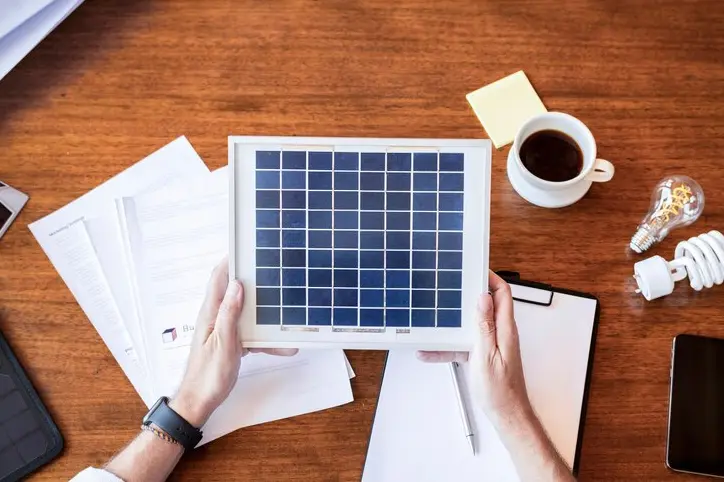
How Do Solar Panels Work?
Solar panels work by utilizing photovoltaic cells to convert sunlight into direct current (DC) electricity. This electricity is then converted into alternating current (AC) through an inverter, making it usable for household appliances and the power grid.
Different Types of Solar Panels
There are several types of solar panels available, each with its own advantages. Monocrystalline panels are known for their high efficiency and sleek design. Polycrystalline panels are more affordable, while thin-film panels are flexible and suitable for unique installations.
Components of a Solar Panel System
A solar panel system comprises not only the solar panels themselves but also other crucial components. These include inverters, which convert DC electricity into AC, and mounting hardware to secure the panels in place. Proper design and installation of these components are essential for optimal energy production.
Cost Components of Solar Panel Installation
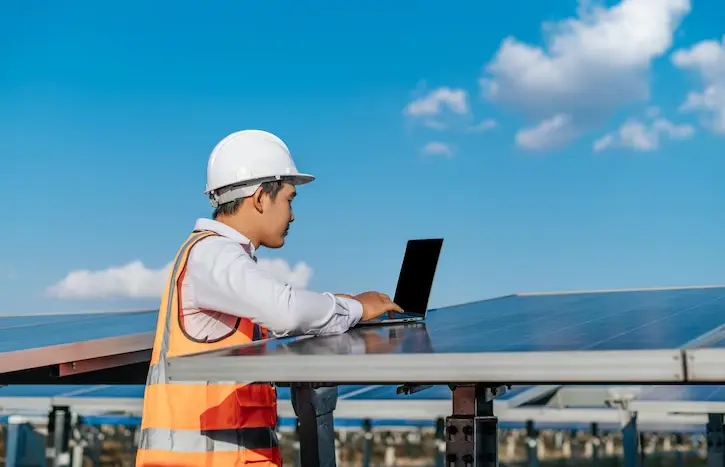
Solar Panel Equipment Costs
Solar panel equipment costs encompass various elements, including photovoltaic panels, inverters, and mounting hardware. The efficiency and quality of these components directly impact the overall performance and longevity of the system.
Photovoltaic Panels
The cost of photovoltaic panels varies based on their efficiency and technology. High-efficiency panels are pricier but generate more electricity per square foot, making them a better long-term investment.
Inverters
Inverters are a critical component, converting DC electricity into AC for household use. There are string inverters, microinverters, and power optimizers, each with its own cost and benefits.
Mounting Hardware
Mounting hardware secures the panels to rooftops or other structures. Proper installation ensures the panels remain stable and optimally positioned for sunlight absorption.
Installation Labor Costs
Professional installation is recommended for optimal performance and safety. Installation costs vary based on the complexity of the project and the size of the system.
Permitting and Inspection Fees
Local regulations may require permits and inspections for solar panel installations. These fees contribute to the overall installation cost.
Additional Expenses: Wiring, Connectors, etc.
Additional expenses include wiring, connectors, and other components needed to connect the solar panels to the electrical system.
Average Cost of Solar Panel Installation in Adelaide
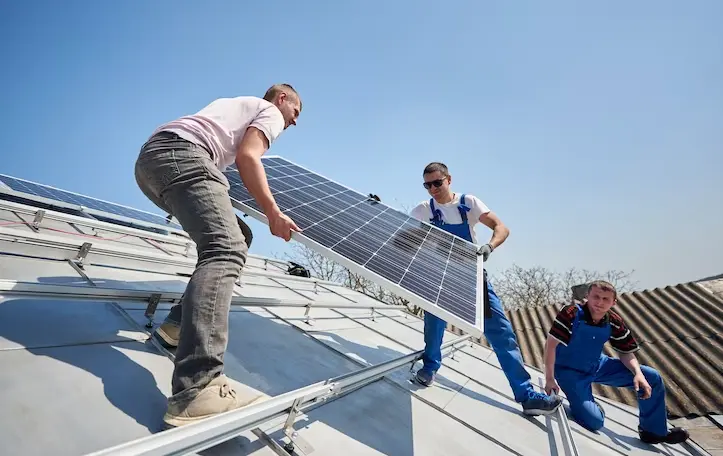
National vs. Local Cost Averages
The average cost of solar panel installation in Adelaide can vary depending on whether you’re considering national or local averages. Local factors such as labor costs, climate, and solar incentives can impact the final cost.
Factors Influencing Cost Variations
The cost variations can be attributed to factors like the size of the solar system, regional solar incentives, and the specific needs of the installation site.
Breakdown of Cost Factors
Size of the Solar System
Larger solar systems generally require more equipment and installation effort, leading to higher costs.

Solar Panel Efficiency
High-efficiency panels cost more upfront but yield greater long-term savings due to increased energy production.
Quality of Equipment
Investing in high-quality panels, inverters, and mounting hardware ensures better system performance and durability.
Complexity of Installation
Roof layout, shading, and structural considerations impact installation complexity, which in turn affects costs.
Incentives, Rebates, and Tax Credits
Government Initiatives and Incentives
Government initiatives promote the adoption of solar energy by offering various incentives, rebates, and tax credits.
Feed-in Tariffs and Net Metering
Feed-in tariffs and net metering allow homeowners to earn credits or payments for surplus electricity generated by their solar panels.
How Incentives Affect Installation Costs
Incentives directly offset the installation costs, making solar panel installations more financially viable.
Selecting a Solar Panel Installer
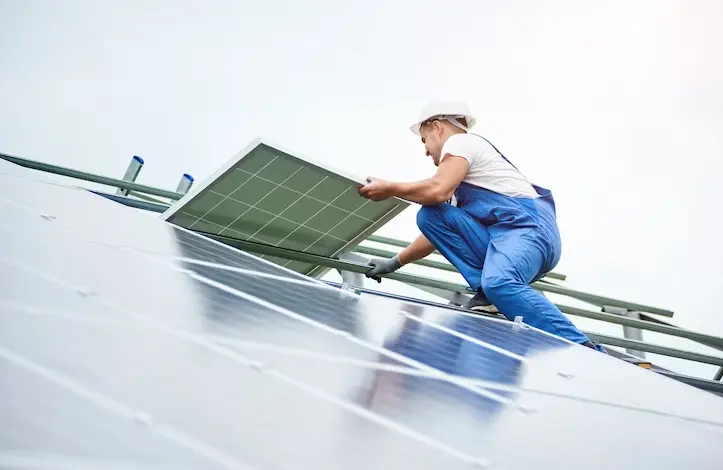
Researching Reputable Companies
Thoroughly research and vet solar panel installation companies to ensure they have a solid reputation and proven track record.
Comparing Quotes and Services
Obtain quotes from multiple installers to compare costs and services offered.
Reading Customer Reviews
Customer reviews provide insights into the installer’s performance, professionalism, and customer satisfaction.
Site Assessment and Design
Importance of Site Evaluation
A site assessment evaluates factors such as roof orientation, shading, and structural integrity to determine the optimal placement of panels.
Customizing Solar Solutions
Tailored designs maximize energy production by accounting for site-specific variables.
Maximizing Energy Production
Strategic placement of panels and proper design result in maximum energy production and cost savings.
Financial Considerations
Upfront Investment vs. Long-term Savings
While solar panel installation requires an upfront investment, the long-term savings in electricity bills and incentives often outweigh the initial costs.
Financing Options: Purchase, Lease, Loan
Multiple financing options, including purchasing, leasing, or obtaining a loan, allow homeowners to choose the best fit for their financial situation.
Return on Investment (ROI) Calculation
Calculating the ROI helps determine how long it takes to recoup the initial investment through energy savings.

DIY vs. Professional Installation
Pros and Cons of DIY Installation
DIY installation may seem cost-effective, but it comes with risks and challenges. Professional installers ensure proper setup, compliance, and safety.
Ensuring Safety and Compliance
Professional installation guarantees compliance with local regulations and building codes, ensuring the safety of your investment.
When Professional Installation Is Necessary
For complex installations and optimal system performance, professional installation is recommended.
Navigating Solar Regulations
Local Zoning and Building Permits
Navigating local zoning laws and obtaining necessary building permits are crucial steps in the installation process.
Grid Connection and Interconnection Standards
Ensure your solar panel system meets grid connection and interconnection requirements to enable seamless integration.
Frequently Asked Questions (FAQs)
The cost can vary but is typically between $3,000 and $8,000 per kilowatt, depending on factors like system size and equipment quality.
Despite upfront costs, solar panel installation offers substantial long-term savings in electricity bills and potential incentives.
Yes, the South Australian government offers incentives such as the Home Battery Scheme and the Solar Feed-in Tariff.
While possible, professional installation ensures safety, compliance, and optimal system performance.
Research reputable companies, compare quotes, read customer reviews, and evaluate their track record.
Homeowners can choose from options like upfront purchase, leasing, or obtaining a solar loan.
Divide the initial investment by annual savings to calculate the ROI. It typically takes several years to recoup the investment.
Yes, some companies offer DIY kits, but professional installation is recommended for optimal results.
Conclusion
Embracing a Greener Future through Solar Panels
As solar energy continues to reshape the way we power our lives, the installation costs of solar panels in Adelaide are a small price to pay for the long-term benefits they offer. From reducing electricity bills and carbon footprints to contributing to a sustainable future, solar panels are an investment worth considering. By understanding the various cost components, government incentives, and installation options, you can make an informed decision that aligns with your financial goals and environmental values. So, take the leap, harness the power of the sun, and pave the way for a greener and more sustainable future.
Call us Today: 1300 812 911
Email ID: sales@adssolar.com.au


